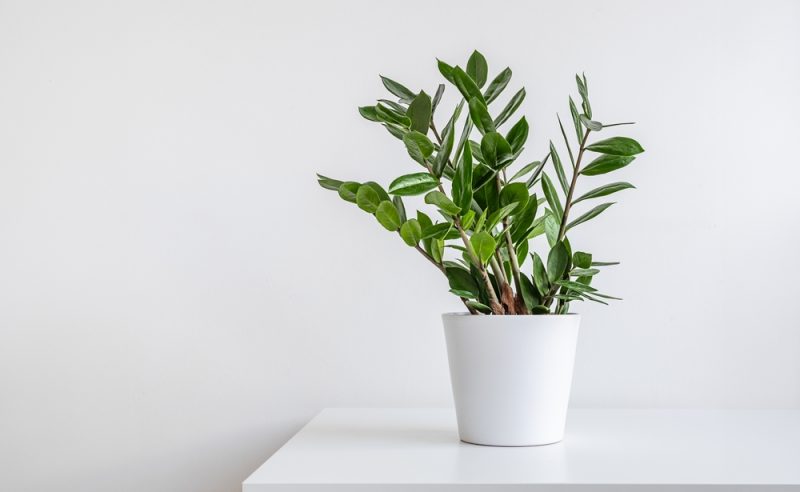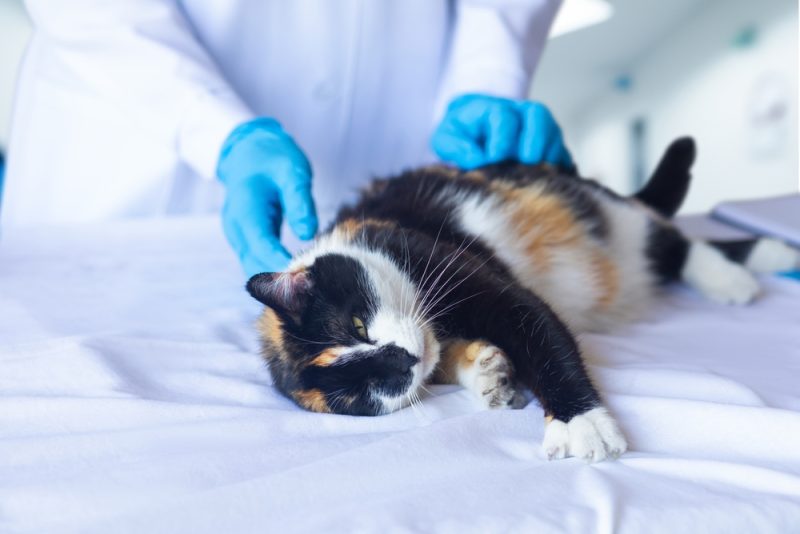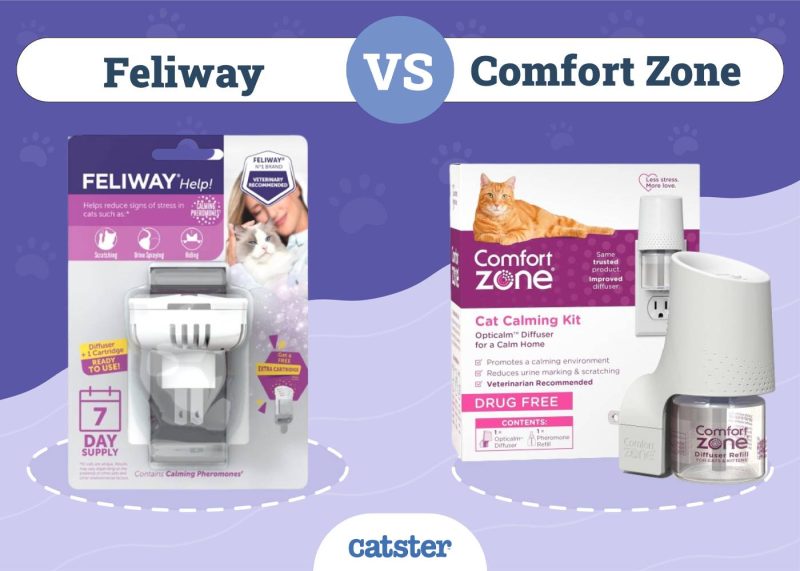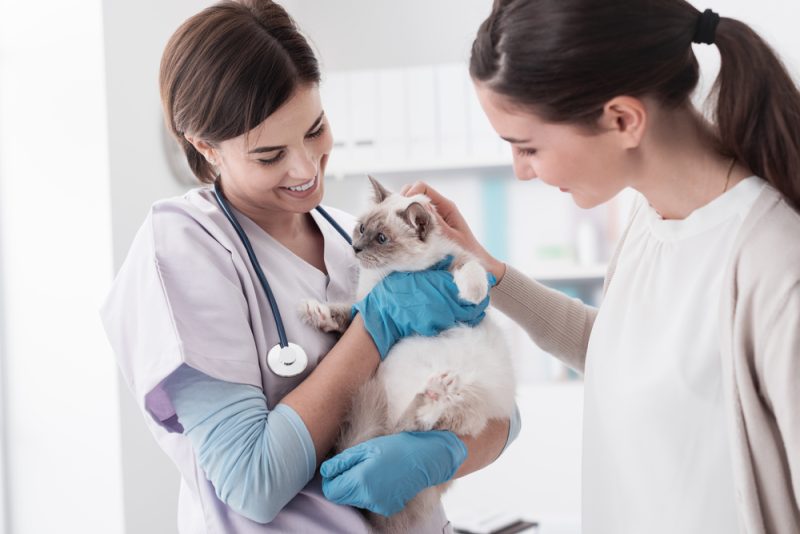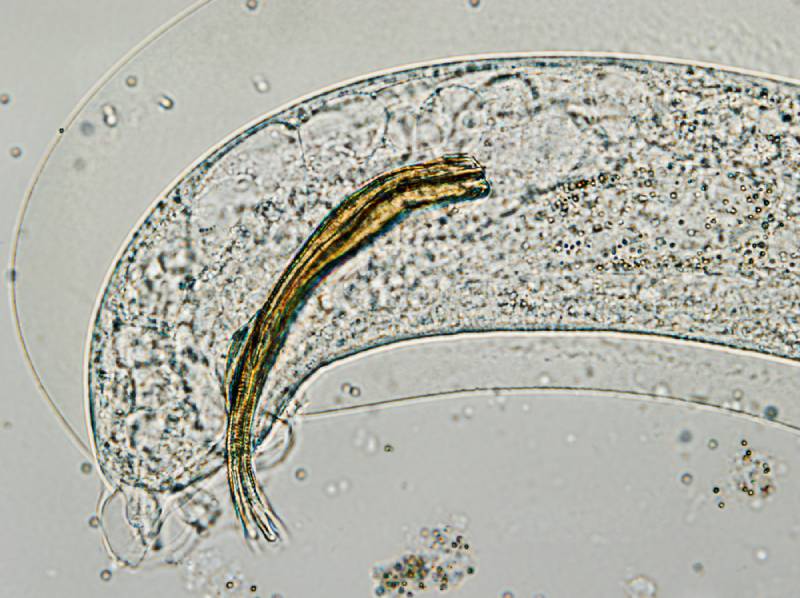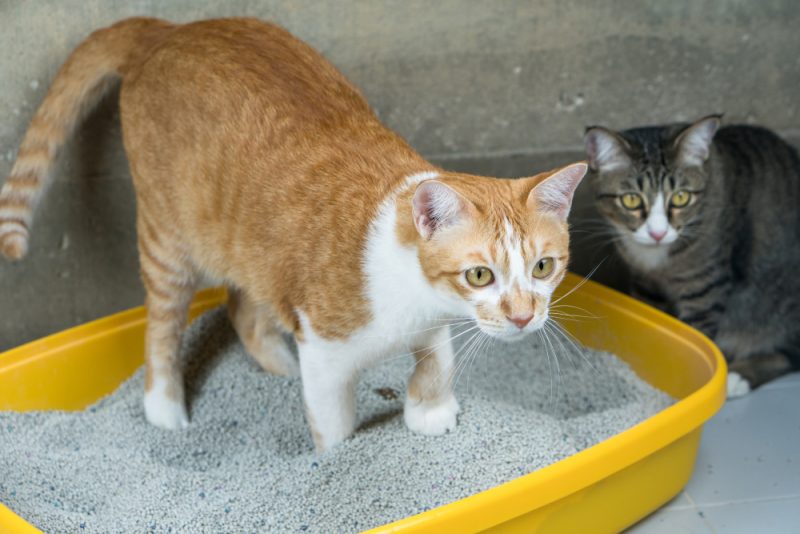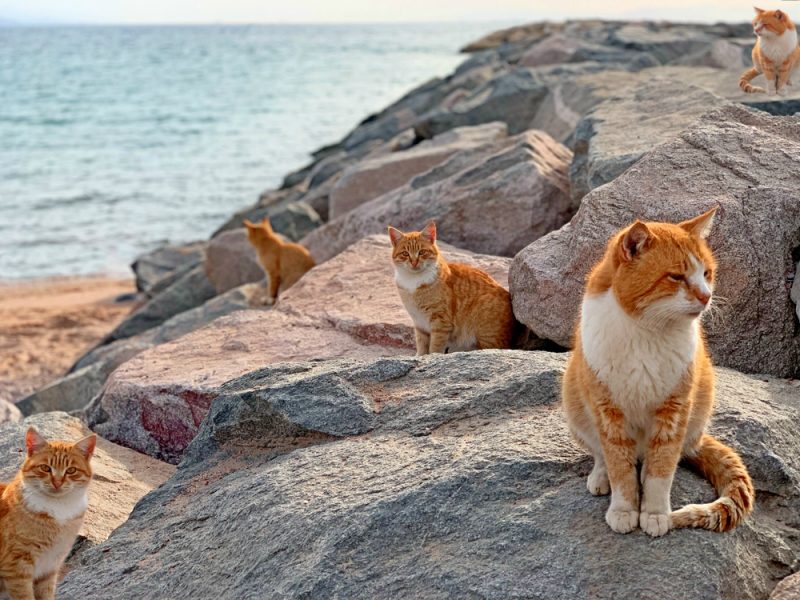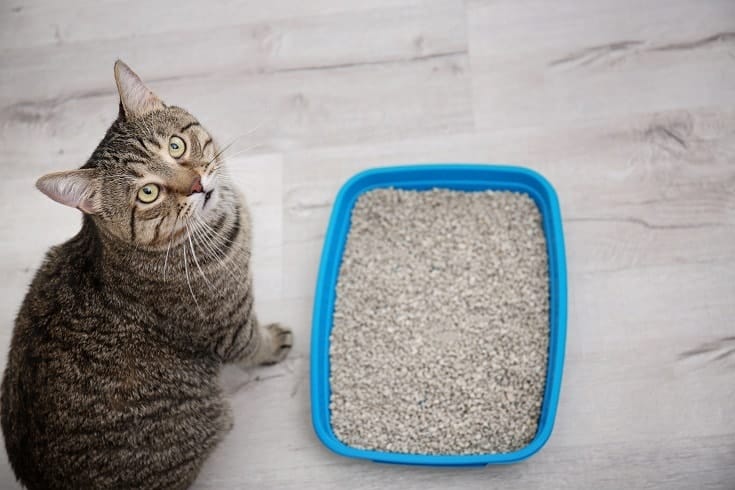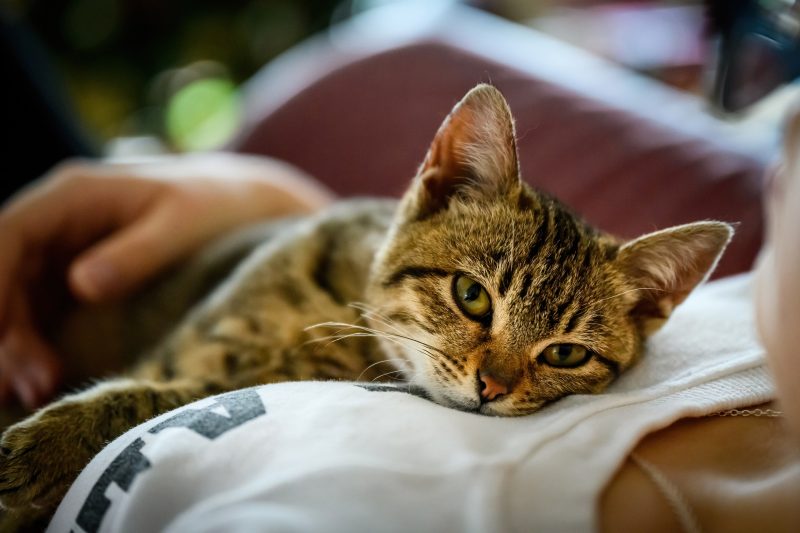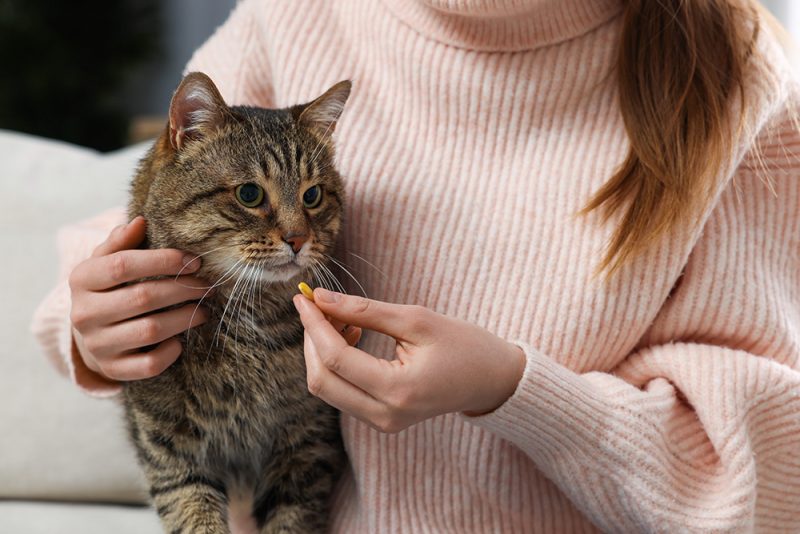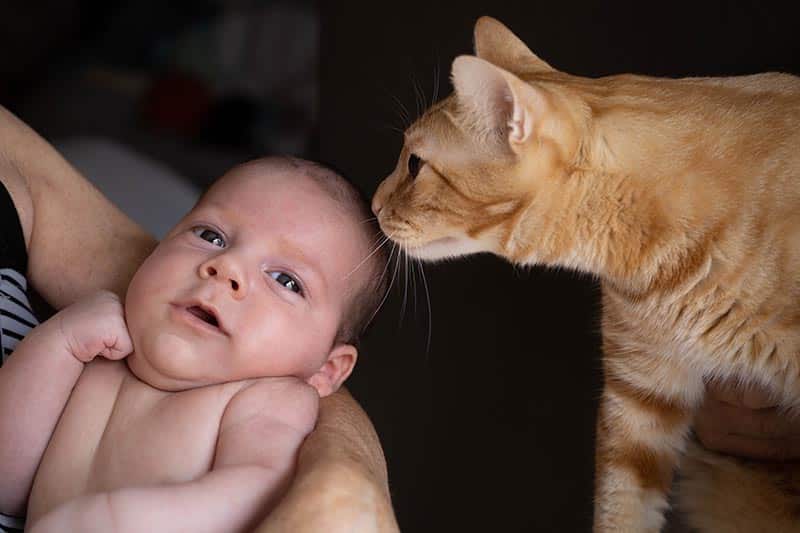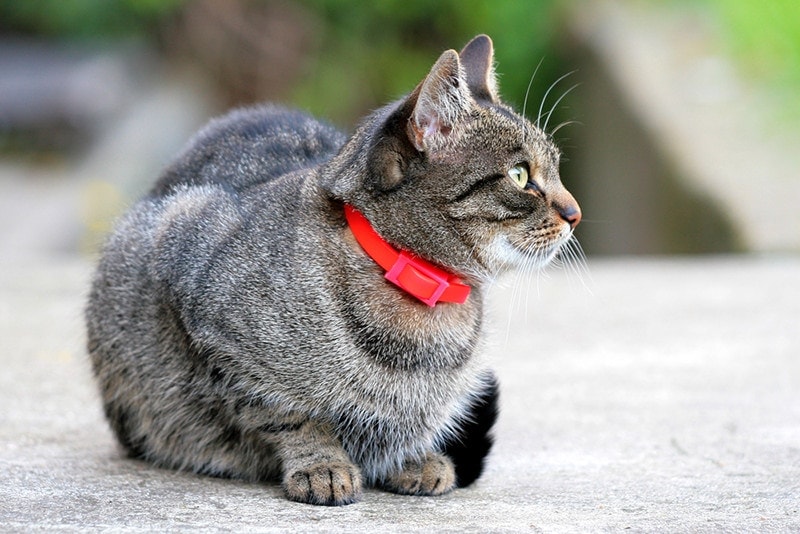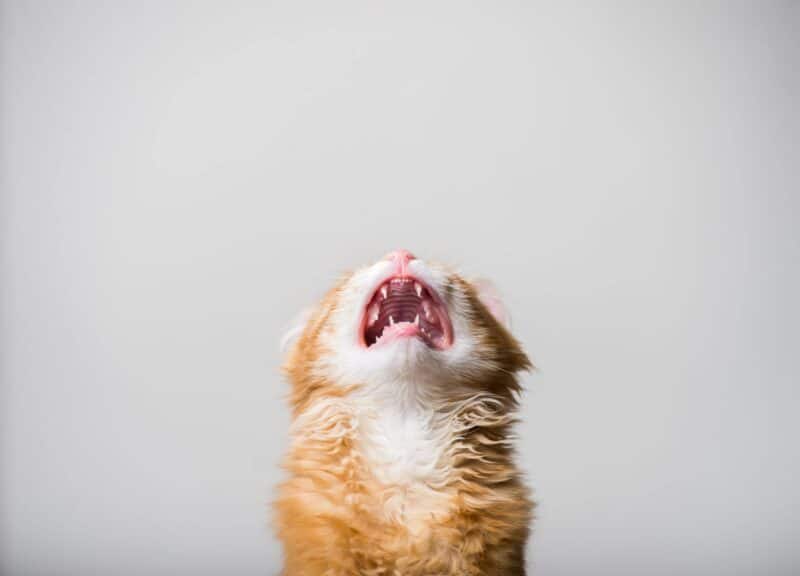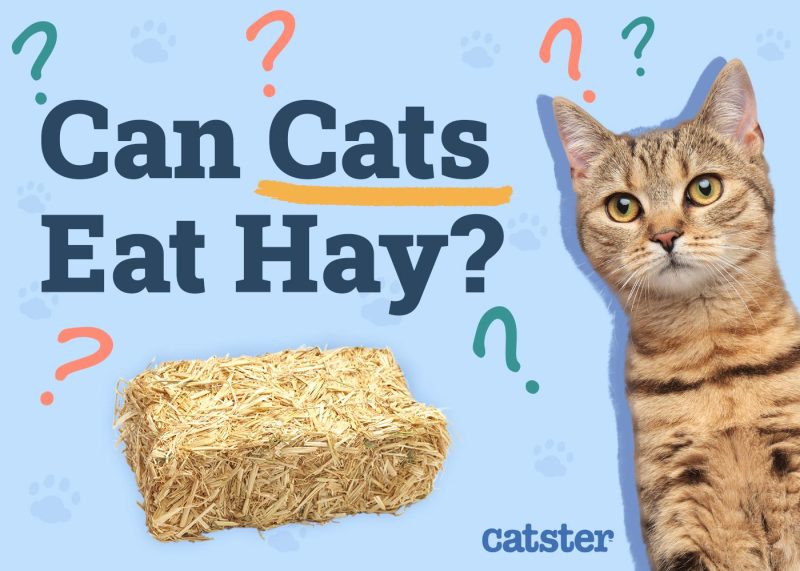Is there a way to keep your kitty out of your plants? Of course, you could give away your plants, so you don’t have to fight with your precious puss, but this is probably not the advice you are looking for. You could also give away your cat, but we’re assuming you’re hoping to keep both your cat and your plants. So, what is a feline owner to do?
Cats are notorious plant marauders and will take every chance they get to mess with anything that grows leaves. Most houseplants do not survive these escapades. And the truth is that cats are quite determined and oftentimes difficult to control. The good thing is that there are things that you can do to have the upper hand. But first things first, why can’t cats keep their paws off houseplants in the first place?

Why Do Cats Damage Houseplants?
To set the record straight, not all cats will damage plants and those that do mean no harm. If you have troublesome cats, you know that they chew on leaves, dig plant pots, drop them, and can even relieve themselves in them. Yeah, it can get that messy.
Only cats can tell us for sure why they do this, but these are the common reasons why cats will not leave houseplants alone.
1. Boredom
Boredom is bad for everyone. When your furry feline has nothing interesting going on in their lives, they will try to spice things up. Unfortunately, this might mean jumping on flower pots and trying to knock them over. It has also been noted that bored cats are likely to chew on plant leaves.
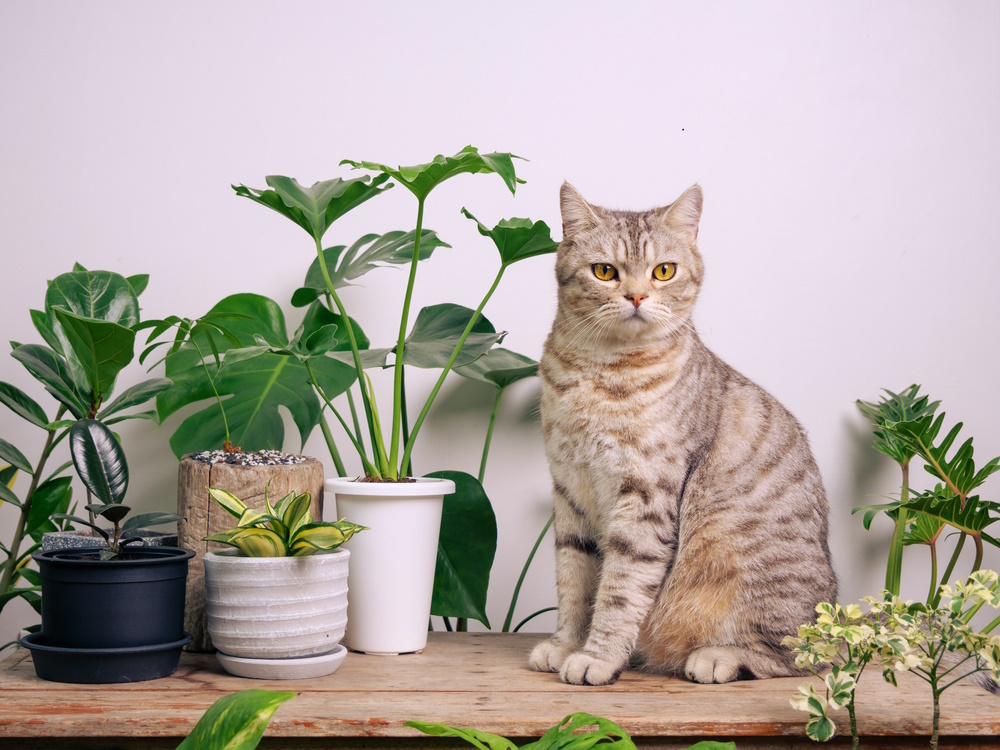
2. Cats Are Cheeky
Yes, they are! Felines are definitely mischievous and will find something to keep them busy. You see, cats still possess the wild instincts of their ancestors. And because they don’t have to hunt, watch out for other predators or fight for territories, they have to do something. And jumping on a low-hanging plant is not out of the equation.
3. Maybe They Like the Taste
Cats seem to enjoy the taste and smell of some plants. We all know that catnip is a charmer. Many other plants will tempt your pet to taste their leaves or want to dig out their roots.
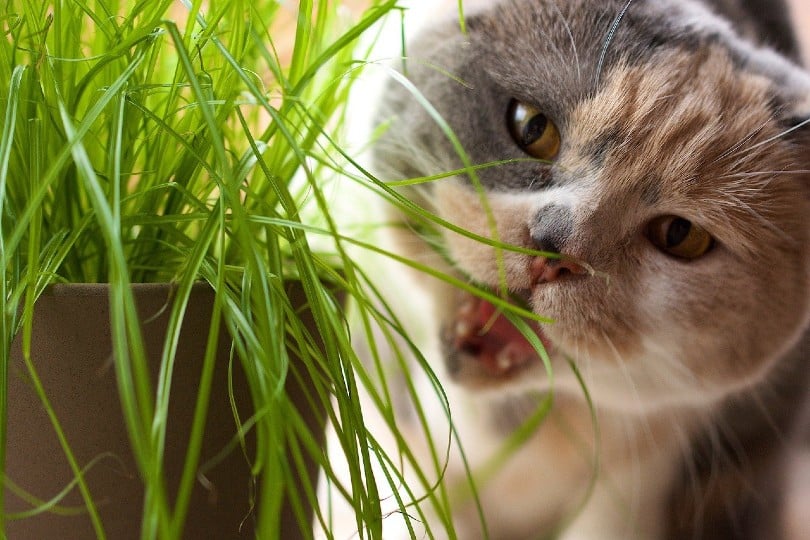
4. It’s Good for Them
Cats will chew on some plants to get nutritional value. Of course, they are carnivores, but some plant matter might be beneficial as well. For example, it can provide fiber.

How to Keep Cats Out of Houseplants
If your cat seems overly anxious to destroy your houseplants, you definitely need to do something. And this doesn’t involve replacing the plants as soon as they are brought to the ground. Try the following.
1. Keep the Plants Out of Reach
It is easier to keep the plant out of the cat than the cat out of the plant. Overgrown leaves that hang sideways and swing in the wind close to your cat’s favorite hangout spot will most likely get scratched. Of course, this doesn’t mean that the cat will not touch anything out of their way. For example, it will jump on windows to reach the plants placed there.
If you can, hang your plants in a tricky-to-reach spot. Like somewhere away from the window or any furniture. Or maybe keep your plants in a lockable room?
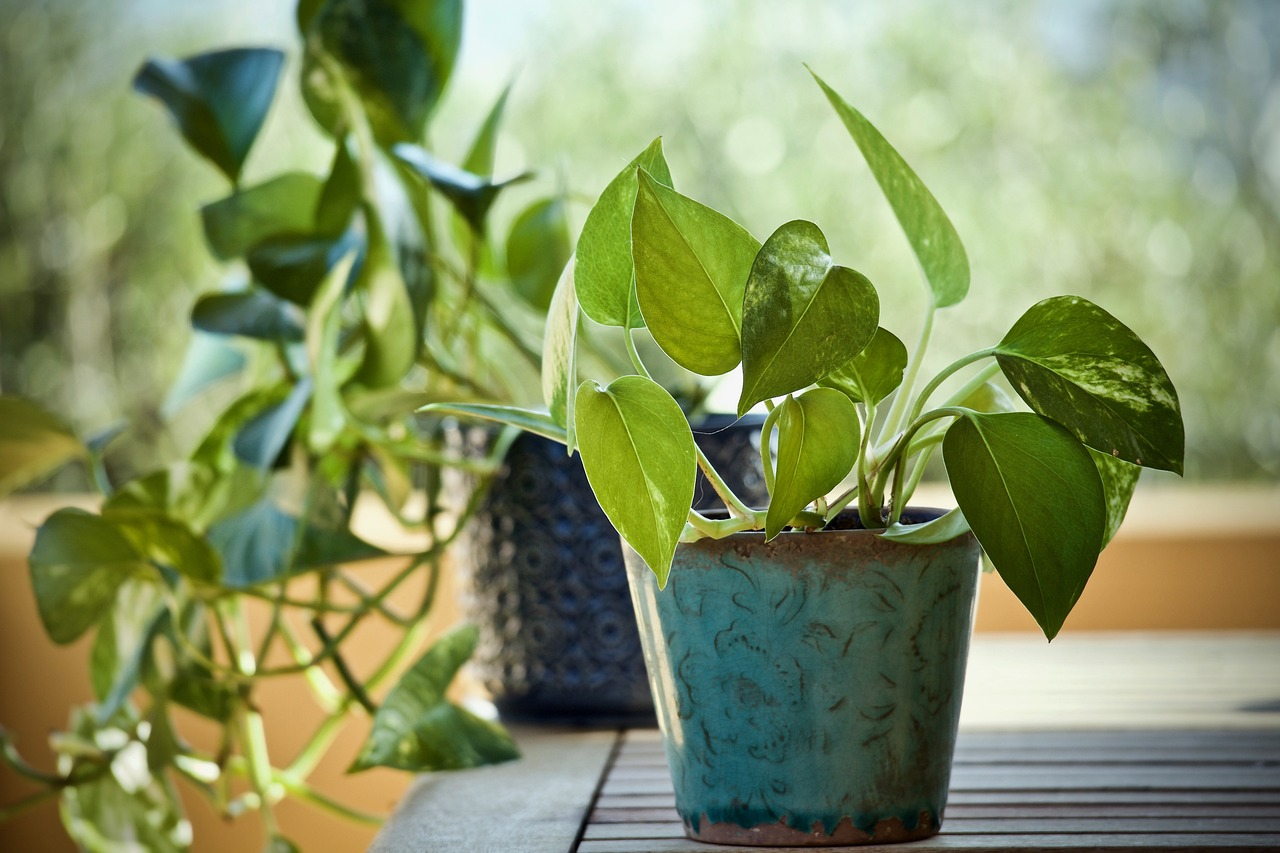
2. Choose Unpalatable Plants
Many plants survive in the wilderness because they are unpleasant to herbivores. This is where things such as thorns or having a bad taste come in. What we are trying to say is that if you make your plants unpalatable, your cat will leave them alone.
There are lots of things you can do here, including spraying the entire plant with a repellent such as safe commercial scented sprays. But a mixture of scented soap and water can work just fine—only make sure that the scent is strong enough. Or you can make things hotter by spraying your plant with hot chili. Be sure to double-check that whatever repellent you use is non-toxic to your kitty.
3. Cover Up Your Plants
If the cat can’t reach the leaves, they can’t chew on them, right?
How about locking your plants in a birdcage? You only need to get a really nice enclosure with a bit of decoration (so that it’s presentable) and remove the top. Then, put your potted plants inside and close it up. You can also keep your plants in an aquarium with a screen at the top.
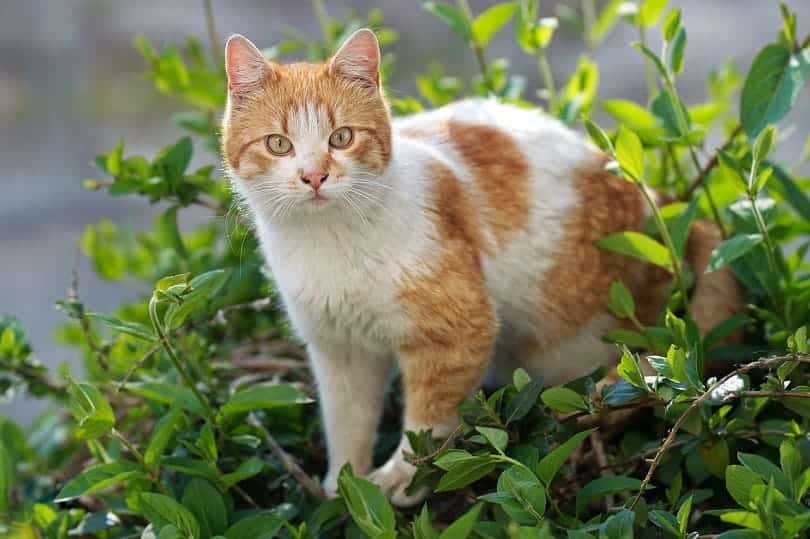
4. Add Some Stones
Ever found cat poop on your potted plant? The problem is that when a cat starts to relieve themself in one spot, it tends to keep going there. Plant pots tend to be an attractive spot for cats because they are usually full of soil and cats love digging when going to the toilet.
Pebbles or loose stones can make this stop. Add a good layer on top of the soil, and your cat will find no pleasure in digging and messing with your plant.
5. Keep the Litter Box Clean
Cats do not need to have a reason to do anything, and some will just want to be difficult. But a good number of them will poop on plant pots because of dirty litter. Cats are naturally clean and will not relieve themselves in a dirty place. Therefore, before you start pointing fingers, make sure that you are clean.
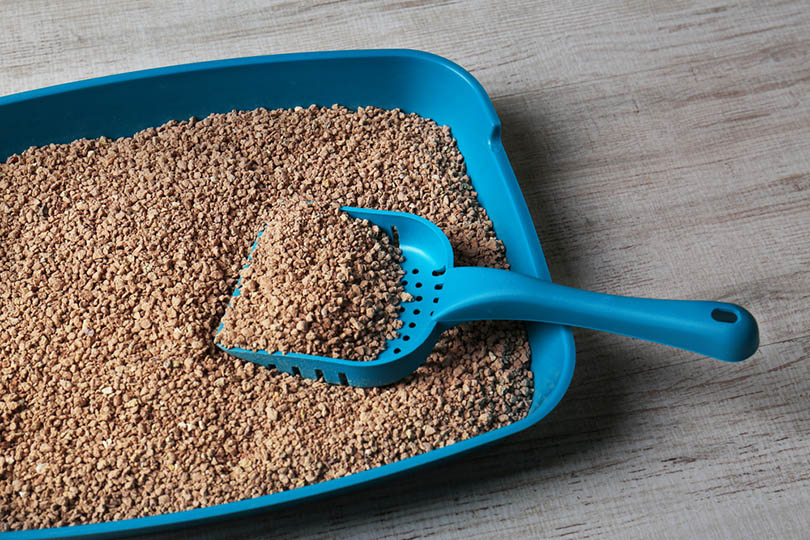
6. Keep Lemon Peels Close to the Plant
Cats will not touch lemons or other citrus fruits such as oranges. To keep them off, throw fresh peels at the base of your plant on a regular basis. They won’t enjoy the vibe very much and will find better things to do than hang around.
7. Give Them Some Plants
Some plants such as cat grass, thyme, mint, and catnip are good for your cats and will be much appreciated. If your cat can have their own plants to chew on, maybe you can have your plants to keep.

Conclusion
We won’t lie, there are no guarantees that anything will be an effective solution, but these are seasoned tricks of cat-owning that we hope bring you and your plants some relief. Try out different things and see what works for your furry feline because what works for one cat might not work for another.
Related Reads:
- 12 Tips for Planting, Growing, and Harvesting Catnip
- Are Poinsettias Poisonous to Cats? Everything You Need to Know!
Featured Image Credit: t.sableaux, Shutterstock
